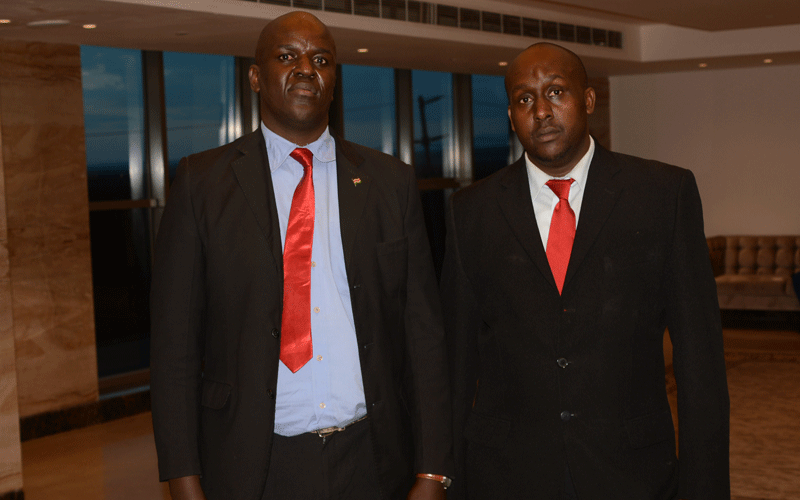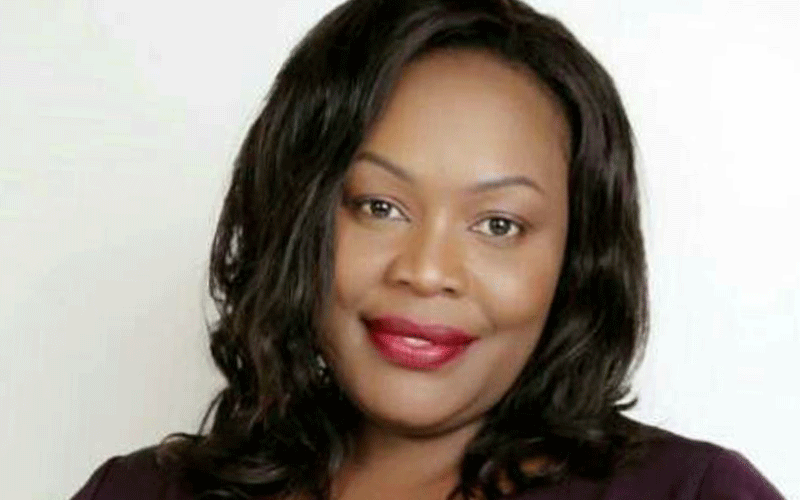What next – Covid-19 cases in the country slowly dipping
By Manuel Ntoyai, September 7, 2020With Covid-19 cases in the country slowly dipping, the entertainment sector is bracing itself for an interesting ride, ahead of the economy’s reopening. And as Manuel Ntoyai writes, industry stakeholders are ready to adapt to the new norms.
Whenever an individual goes out looking for fun in various entertainment spots, the first point of contact is normally the security personnel manning the entrance.
When the Covid-19 pandemic was announced in the country in March this year, more than 90 per cent of the workforce in the security department in clubs, restaurants and other entertainment places was rendered jobless.
Theirs is a job that requires social gatherings, which were banned by the government as one of the measures to mitigate the spread of the novel coronavirus.
To them, this was not just another government directive, but a devastating blow to their livelihoods.
With bars closed indefinitely, the future of their jobs continues to appear bleak with every passing day, not certain if or when they will be back to the grind.
“A majority of bouncers are usually employed on casual basis and were among the first casualties when Covid-19 happened.
We are talking about thousands of people who have not been going to work for like six months now and most of them have families who needs to be provided for,” says David Odhiambo of the Association of Bouncers of Kenya.
His words are echoed by the Kenya National Private Security Workers Union secretary general Isaac Adabwa, who says it is high time to implement the Private Security Act, which should give security guards and bouncers a safety net for basics such as medical insurance.

“For us to improve our working environment, the Private Security Regulatory Authority needs to act fast to execute its mandate.
Again, its an opportunity for us as a sector to digitise most of our operations including security at events,” he tells Spice.
Unprecedented moves
Just like in any other economic sector globally, the pandemic greatly affected the music production business.
When the adverse measures to tame the spread of the coronavirus in Kenya—which included the cessation of movement in some parts of the country including the Nairobi Metropolitan Area—many music production houses owners closed shop for some period, after which they resumed the business, albeit slowly because of the growing need to open up.
With most artistes depending on performance fees, business has never been been bad on that front, necessitating the need to cast their nets wider.
“We are witnessing something different because we have never had such a season, with international artistes who had planned to tour Africa having had to shelf the plans and reorganise their diaries.
However, this period has come as a chance for us as the entertainment industry to restrategise on how to do things differently,” says Mombasa-based showbiz promoter Erick Gates Mgenge.
According to him, with whatever little they had saved running out pretty fast, they (event promoters and organisers) had to improvise due to the growing popularity of live concerts.
“Songs are being recorded, videos being shot and the missing piece was performance, but this has been sorted out by virtual performances.
However, it is time for Kenyan acts to cross the border and sell their products there. Recently we have seen Eric Omondi and King Kaka do live events in Tanzania, those are but some of the solutions needed to make the entertainment roaring again,” says Mgenge.
Event organisers are also feeling the pinch as gatherings have reduced the crowd to not more tan 100 attendees.
“If you are not doing a virtual event, most of us have been forced to do corporate events and some social ones such as weddings.
This has led to a drastic reduction of revenue, which has forced us to lay off workers,” says event organiser Joshua “JayB” Bosire.
Back in operation
Hoteliers and restaurant owners have had it rough with the months of close down.
However, with the gradual opening of the facilities, some of their workers are back at work.
But they feel this has led to unseen costs such as testing for Covid-19 and in some incidences, re-training sessions.
“Although we’ve had to close down for some period, we still had bills to pay including salaries and rent.

And now with things slowly getting back on track, we have renovations to do and dead stock to clear, and that is why we are observing the guidelines given by the Ministry of Health to ensure we remain in business,” says Abigael Mkamburi, a hotelier.
For Collective Management Organisations, things have been gloomy since the last distribution of royalties early in the year.
“Our core mandate is to collect from users of music and dramatic works.
These users have either closed doors or scaled down their operations. This means they are operating on minimum budgets and likely making small margins or nothing at all.
What this means to us is that collections have decreased to below 10 per cent per month,” says Performers Rights Society of Kenya (Prisk) chairman Ephantus Wahome.
He adds this has led them to put in place measures to conform to the status quo.
Prisk has been forced to scale down on its operations, including reducing its workers and the number of board and committee meetings, introducing commission-based collection, and writing to landlords requesting for rent reduction.
